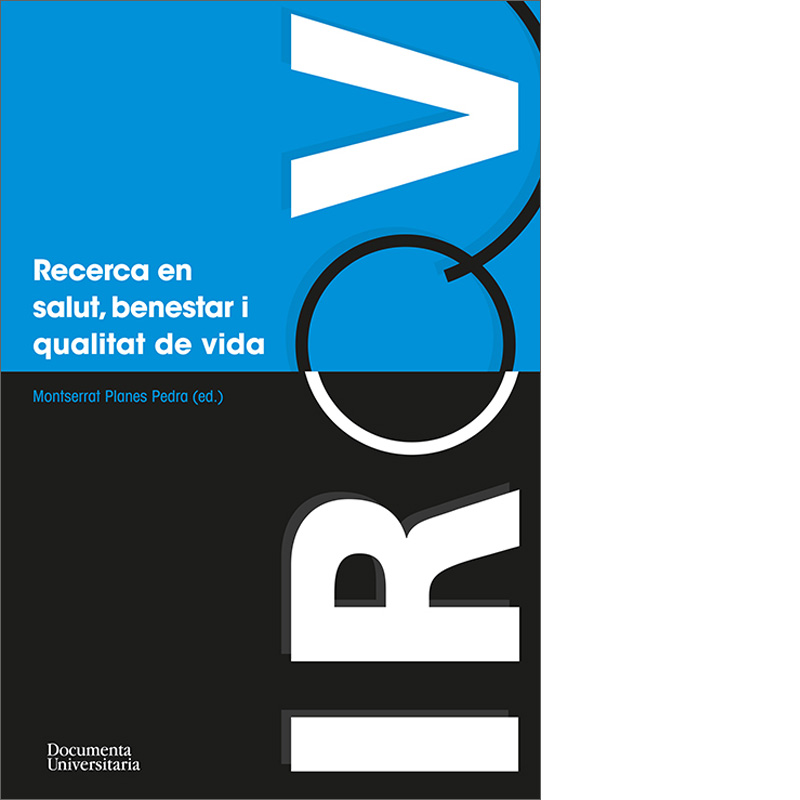Description
The IRQV was created in April 1997 in order to promote and develop interdisciplinary research in the field of well-being and quality of life.The IRQV conceptualizes the quality of life from two perspectives, the first linked to well-being and the second to health. Quality of life related to well-being is understood as a function of the material environment and the psychosocial environment. In this sense, it is proposed to deepen the knowledge of both the material conditions and the perceptions, evaluations and aspirations of the people who accompany their personal and social "well-being". This deepening concerns either the whole of the citizens of a territory, or the different specific groups that belong.With regard to health-related guidance, it is mainly based on the biopsychosocial model and is preferably concerned with disease prevention and health promotion, particularly in the areas of sexuality, addiction and Road safety. It also seeks to promote the quality of life of the chronically ill, during aging and in the processes of loss and mourning. As in the first perspective, the subjective dimension of the quality of life is studied; That is, that which people perceive and inform regardless of their physical state assessed by objective methods. Therefore, the research includes, within its priority interests, the analysis of emotional variables, mainly anxiety and depression.n


